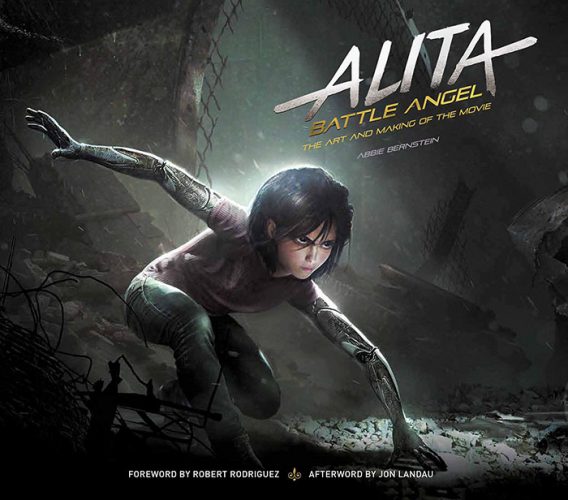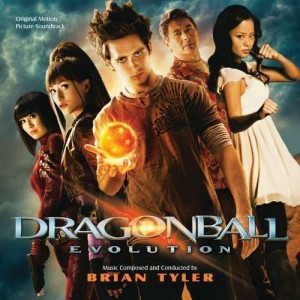
For the last two decades, a considerable number of manga/anime have been treated to live action adaptations in Hollywood, Japan, Korea and Taiwan. Controversies and oppositions surrounding them are understandable. Considering the imaginative nature of anime and manga, staying animated is the best way to capture those qualities, especially with something akin to Dragon Ball Z, but the controversies surrounding its infamous live action adaptation don’t even start or end there. However, thanks to the recent critical and financial success to Alita: Battle Angel (or Gunnm in Japan), there is now a stronger case than ever for live action adaptations.
“White Washing”
When it comes to Hollywood adaptations, Dragon Ball and Ghost in the Shell were criticized for white washing and that’s indisputable. So why wasn’t Alita subjected to these criticisms to the same severity of its predecessors? It helps that the original manga didn’t take place in Japan, and there were very few elements that made it Japanese to begin with. The original manga takes place in Kansas City, Missouri in the US, but the movie’s setting was changed to Central America for the sake of “realism,” meaning if there were ever going to be any space elevators, they need to be near the equator (we’ll leave the science stuff to Neil deGrasse Tyson).
The characters, setting and story to the original Gunnm manga were not Japanese in nature (though Alita’s real name is Yoko, a Japanese name, but technically, she isn’t Japanese for reasons that qualifies as a separate article). But in the cases of Dragon Ball and Ghost in the Shell, their respective source materials have countless elements tied to Japanese culture, and that’s very difficult to express with a non-Asian cast in a non-Asian setting. Though Dragon Ball doesn’t exactly take place in Japan, a lot of its influences come from Japanese and Chinese culture, literature, and society, and it is understandable a live action adaptation needs to capture that since that’s what made the original series appealing.
With Ghost in the Shell, it originally takes place in Japan and the characters all have Japanese names (though the live action does find a way to sort of get around this to some extent) and some of the themes do address criticisms of Japanese government and society. A lot of people enjoy anime and manga because you get to see things from a point of view from a different culture, and when they get adapted to another, a lot of those qualities are lost beyond casting non-Asian actors as the characters. So when it comes to white washing, not only do you take away the identity of the characters, but the source material as a whole. However, Alita has proven to be the exception since the original manga is not tied to taking place in Japan or addressing anything in relation to Japanese society.
The reverse is true in Japan as well. When they adapted Attack on Titan, even Japanese fans thought it was strange the cast were entirely Japanese since in the original manga, Mikasa, who is only half-Asian, is the closest thing to an Asian left in that respective world. The movie’s “loophole” was to drop the family names of the characters, but its biggest controversy would be the removal of the franchise’s most popular character, Levi.
Understanding the Source Material
Naturally, the next step to adapting anime/manga is understanding and applying the source material. With Dragon Ball Evolution, everything went wrong with it beyond the white washing. It had Goku in high school, when he never spent a day in school his whole life in the anime/manga. Putting him in school as a teenage outcast who avoids fights violates who he is, and that’s just one significant ingredient to making a recipe of an epic disaster.
Of course, we get that they want to make it appealing to audiences not familiar with Dragon Ball, but the original anime was an international success for its action and how Goku was innocent at heart despite his warrior nature, and the movie failed to portray any of that. Initially, Toriyama encouraged the fans to treat it as an alternate retelling of Dragon Ball, but eventually came to denounce it in an interview in 2016 (and he shared that the staff didn’t use any of his input). Around the same time, Ben Ramsey, one of the writers, apologized for the film by seeing it as an easy payday. Thankfully, James Cameron actively collaborated with Yukito Kishiro, which contributes to why the Alita movie is faithful to the manga.
Final Thoughts

Adapting manga/anime, or any form of media from a different nation is undeniably difficult. You’re not just adapting a product, but what it represents. With Alita, you’re not just getting a kick ass heroine, but you’re getting a story about class warfare, and a story of what it means to be human and finding yourself. The movie works because its qualities are applicably universal and are not tied to Japan. However, certain anime/manga represent their cultures and society such as Akira. Though Akira has yet to have a live action and there are stories that it will be take place in New York. Fans of all background universally agree that it should be kept Japanese because of how it relates to Japanese culture and society, especially between World War II and the 1980s. In relation to making a live action adaptation, it’s not just simply the what, but also the how, who, when, and why that makes all the difference. Some can make it, and there are others that can’t, and others you may have wait another 20 years for.
Recommended Post
Top 10 Best Live Action Movie Adaptations [Best Recommendations]
Recommended Post
Top 10 Satisfying Live-Action Movie Adaptations [Japan Poll]
Recommended Post



